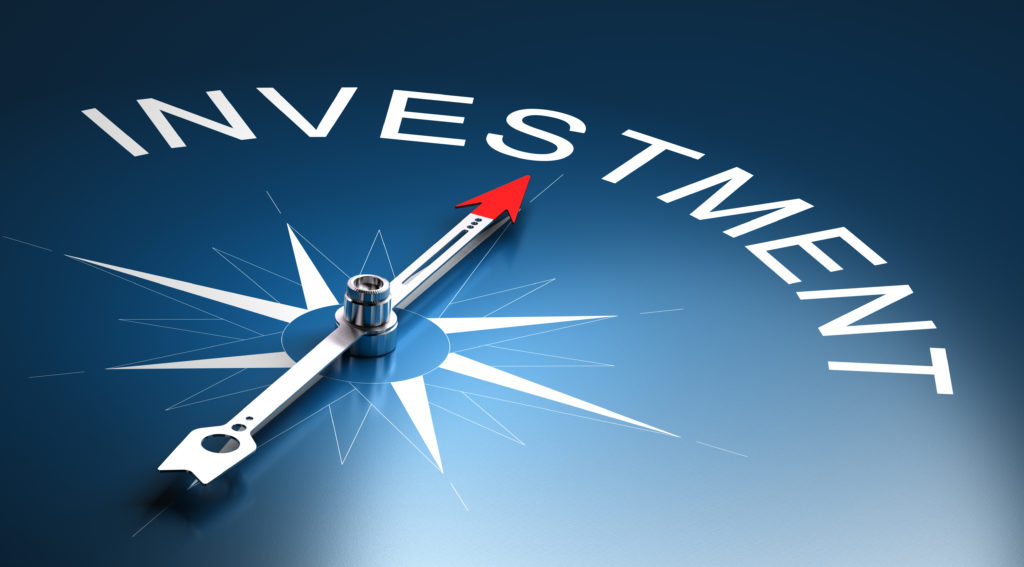
You work hard, and you budget carefully. You save money. You would like to retire someday. But if you’re going to build a real retirement nest egg, you’re going to need to start investing.
Experts agree that investing is the most powerful tool for building wealth that most Americans have access to. By harnessing the power of compound interest, regular people can turn their steady savings into real wealth. And, for those with the know-how and a stomach for risk, day trading can be a viable way to make even more money on the stock market.
If you’re new to investing, you probably have some questions. Here’s what you need to know.
Inflation, compound interest, and other basics

Investing will help your money grow. But maybe you feel like you don’t need a huge stash of wealth — maybe you just want enough to live on. If that’s the case, can’t you get by on savings?
Maybe — but it won’t be easy. The money that you save but do not invest could actually lose value over time. Inflation robs our cash of its value, which is why you should counter it by stashing your money in places where it can generate interest. Savings accounts are one option, but their interest rates are pretty meager when compared to what you can earn on the stock market.
By investing your savings, you could get interest on your money and beat inflation. Furthermore, you will enjoy the benefits of compound interest. Compound interest is what happens when you leave money invested. Add the interest back into the principal, and then principal grows — which means that the next time you earn interest, it will be on a bigger principal. That repeats for as long as your investment keeps earning you money, and it can have remarkable results.
How to invest as a beginner

To buy investments, you’ll need a brokerage account. You can get one through any of the major financial companies — and you may already have one for your 401k, which is a tax-advantaged investment account that is optimized for retirement savings.
As a beginning investor looking for a safe place to stash your nest egg, you’ll probably want to look at index funds (which track market indices, such as the S&P 500), target-date funds (which are optimized for a specific retirement year), and other big, safe things to invest in. These diversified sorts of funds aren’t likely to earn you crazy amounts of money, but they’re also going to be pretty consistent earners — especially over a period of decades.
You’ll want to take advantage of tax-advantaged accounts such as 401ks and IRAs. Keep in mind that such accounts have rules, though — if you pull money out of them too early or in the wrong way, you’ll be penalized. So be sure to keep some money outside of such accounts, too.
Getting more advanced

Your retirement savings should be in safe and steady investments pretty much no matter what, but you have lots of options for the money that you feel you can afford to lose. With a little bit of spare cash, you could make big bucks or even kick off a new career as a day trader.
You’ll want to do some research first, though. Day trading involves more than we could possibly explain in this space, so take the time to read through trading strategy guides and familiarize yourself with the advanced techniques that day traders use before you dive into that chaotic world. You may also want to test out your strategies on stock market simulators before you risk real money. Once you feel ready, get in there and make some money.














